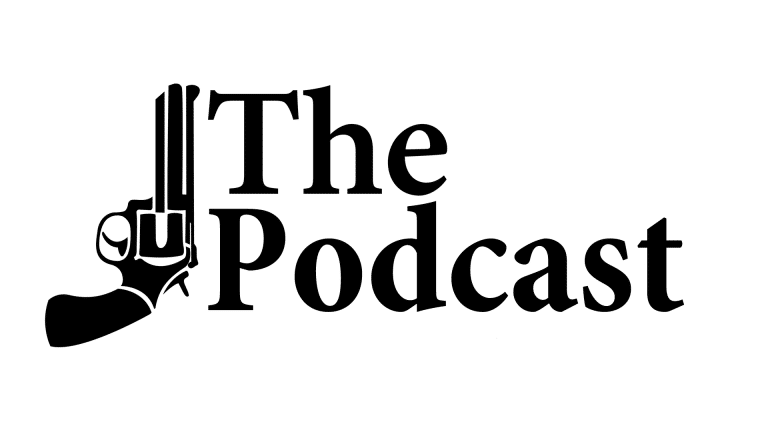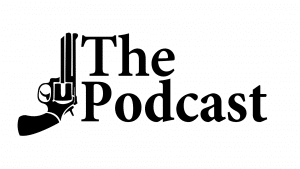The beginning of the week featured another horrible mass shooting in America. This time at a bank in Louisville, Kentucky.
That’s why I wanted to bring on one of the leading experts currently studying mass shootings. Metro State University Professor James Densley is one of the co-founders of The Violence Project, which has the most detailed and comprehensive database of mass shootings dating back to 1966. He is also the co-author of the book by the same name that outlines potential real-world solutions to the phenomenon.
Professor Densley explained why he believes the count they use, which only includes public attacks where four or more people are killed for reasons unrelated to other criminal conduct, gives the most accurate understanding of mass shootings. He said it’s important to properly define terms when you’re attempting to seriously study a problem and identify trends so you can craft solutions.
He laid out some of the common patterns seen in the lives of mass shooters before they carry out their attacks. For instance, he said most shooters have a long history of abuse and trauma before they decide to do the unthinkable. And the shootings almost always follow an inciting incident that sends the shooter into a crisis state.
Densley argued that a potential attacker could be “off-ramped” at any point along that path, whether it’s after they first experience abuse or after they begin experiencing an inciting crisis. What’s necessary is for those who recognize the warning signs to step in and do something to help. And that resources to help are made available and known to those looking to carry out that kind of intervention.
But those aren’t the only interventions Densley believes are necessary. He said firearms restrictions of some kind should be part of the equation as well, especially for those showing warning signs they may be a threat to themselves or others. We go back and forth on why gun-rights advocates and gun owners are not as open to those ideas as Densley would like them to be.
Ultimately, Densley said he believes mass shootings are not an inevitability and can be prevented through action on the individual and societal level–even if not everyone agrees on every aspect of the solutions he proposes.
Plus, Contributing Writer Jake Fogleman and I discuss a new win in court for marijuana users who want to own guns.
You can listen to the show on your favorite podcasting app or by clicking here. Video of the episode is also available on our YouTube channel. As always, Reload Members get access on Sunday. Everyone else will be able to listen on Monday.





4 Responses
The perspective that’s always missing when discussing new “common sense” gun laws is: how many people will be injured or killed because they couldn’t get a gun?
Proponents of a utilitarian view of guns like Densley always focus on harm. They never consider positive utility. And if they do address the use of guns in self-defense, they minimize the numbers or, even worse, attempt to recast them as unjustified or inequitable or meaningless: “Every bad guy with a gun was a good guy until he pulled the trigger.”
In practice, law-abiding citizens are frequently the targets of new gun laws. States with strong controls such as California and New York feature webs of interlocking laws, regulations and policies that purposely make acquiring, possessing and using guns difficult and dangerous. While these states sometimes feature lower rates of “gun violence,” they never achieve overall reductions in violent crime.
I agree there is not enough attention paid to the positive effects of gun ownership. That’s certainly been part of what we’ve tried to cover here at The Reload.
It’s always very strange listening to Europeans opine on American policy. I absolutely don’t mean this to be as flip as it probably reads, but frequently, as in this podcast, it boils down to the European saying something to the effect of, “But surely this problem could be solved without giving up your civil rights by giving up your civil rights” and the American trying to figure out how to explain that giving up our civil rights is giving up our civil rights without needing to explain there’s no such thing as giving up civil rights without giving up civil rights.
This is actually a good description of the problem some of these conversations inevitably run into. But I thought it was still a fruitful discussion overall.